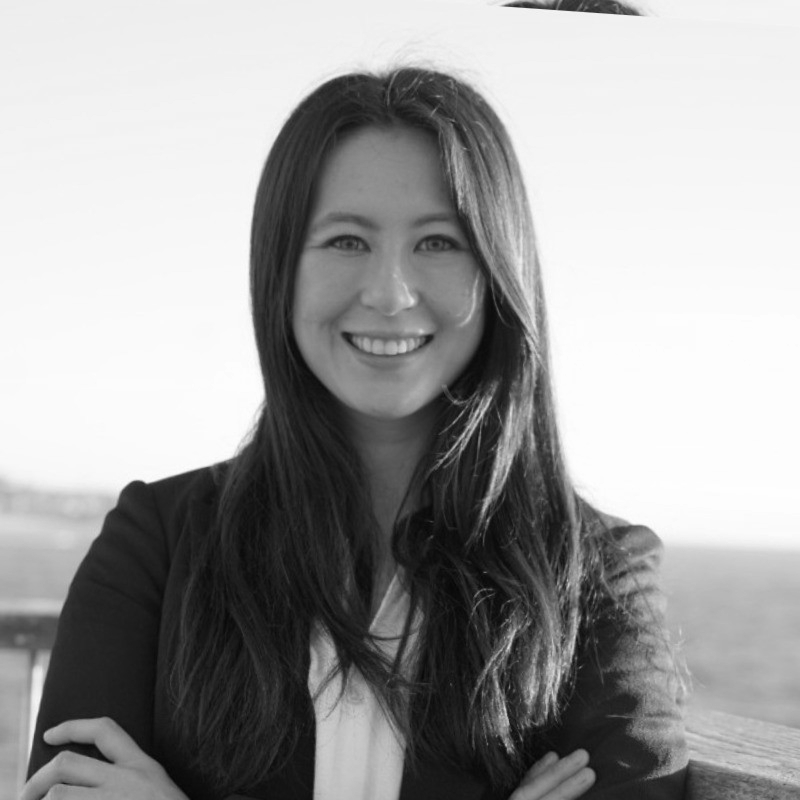
ASKING FOR A FRIEND
How do I change careers and still retain my salary band?
ASKING FOR A FRIEND - QUESTION
Worried about changing careers without destroying your bank balance? This practical discussion tackles one of the biggest dilemmas facing creatives today. Tarra van Amerongen, Head of Design at Atlassian, shares her successful career pivot strategies and breaks down the financial realities of different work environments. Rebecca Jones-Bateman, Brand Manager at Bayer and Head of Community at Never Not Creative, hosts the conversation, while psychologist Sharon Draper adds insights about timing and life stages. Together, they explore how to change careers and still retain your salary band through smart positioning, transferable skills, and strategic networking. Essential listening for anyone feeling stuck between mortgage payments and career dreams.
The mortgage doesn't care about your career dreams, does it? This question hits right at the heart of one of the biggest dilemmas facing creatives today: how to pivot into something new without taking a financial hit that'll have you eating beans on toast for months.
It's a tricky balance between following your passion and keeping the lights on. The good news is that changing careers doesn't mean starting from absolute zero, even when it feels like it might.
This question was answered by Tarra van Amerongen – Head of Design, Jira Platform at Atlassian, with extensive experience in business transformation and career transitions across consulting, agency and in-house roles, Rebecca Jones-Bateman – Host, Brand Manager at Bayer and Head of Community and Growth at Never Not Creative, and Sharon Draper – Psychologist with 13 years of experience supporting people through major life and career changes.
Your skills are more transferable than you think
The biggest mistake people make when considering a career change is assuming they're starting from scratch. As Tarra puts it: "You have a huge amount of transferable skills or what we sometimes call soft skills, which is how you show up and your work ethic, how you interact with people, how you structure work, how you deliver things, how you communicate."
These aren't just nice-to-haves. They're the foundation that employers actually care about most. Your ability to meet deadlines, collaborate with difficult stakeholders, or present ideas clearly doesn't disappear just because you're switching from, say, account management to strategy.
Tarra shared her own experience: "I personally moved from digital strategy into design and I think it was quite successful within the same company." The key word there is 'within' – sometimes the easiest path to a new career is through your current employer, where people already know your work ethic and capabilities.
Understanding the financial trade-offs
When you're thinking about how to change careers and still retain your salary band, you need to be realistic about the different types of roles available. Tarra breaks it down clearly: "You need to sort of weigh up, you know, hello my mortgage, I've got that financial burden versus what am I going to learn."
Here's how the landscape typically looks:
Consulting or agency roles: High learning, dynamic work, lots of room to try new things, but the pay isn't always as high.
Startup roles: All hands on deck, you'll definitely do adjacent roles, and the payoff comes later if there's an IPO or buyout.
In-house roles: Cushier in terms of salary and much easier to transition between roles, but the pace of learning can be lower.
There's no right answer here. It depends entirely on your circumstances and what you can afford to sacrifice in the short term.
Know yourself and your life stage
Sharon adds an important psychological dimension to this career change puzzle: "Maybe looking at your stage of life, like where you're at right now. Maybe you are needing to have more financial stability and therefore you've chosen to be in this particular place because that's your value right now."
Your values aren't set in stone. What matters most to you at 25 might be completely different at 35 or 45. Right now, financial stability might trump everything else, and that's perfectly valid. Later, you might be in a position where exploration and learning become more important than maintaining your current salary band.
As Sharon wisely notes: "You always start from experience." Even in a completely new field, you're bringing years of professional experience with you.
Getting in front of the right people
Here's where strategy becomes crucial. If you're switching careers, your CV might not tell the full story of your potential. Tarra learned this the hard way: "I knew for myself if I sent the CV, I would never get up to bat."
Instead, she took a different approach: "I said to a recruiter, I'd like a meeting with this company for this role. I'll send my CV later, but I want to meet you and tell you how excited I am and how much I know about the topic."
She even sent a YouTube video of herself speaking about design to demonstrate her knowledge. The lesson? Sometimes you need to bypass traditional application processes and find creative ways to showcase what you bring to the table.
Of course, there's also the straightforward approach that Rebecca mentions: "Sometimes what's worked for me is I've just actually sent my resume to the jobs I like and you just keep sending them." It requires thick skin and confidence to deal with rejection, but sometimes persistence pays off.
Making it work financially
The reality is that changing careers while maintaining your salary band requires careful planning and often some creative thinking. You might need to:
- Look for internal moves within your current company first
- Consider contract or freelance work in your new field while maintaining your current role
- Target in-house roles that typically offer better compensation
- Focus on companies where your existing industry knowledge adds value
- Be prepared to negotiate based on your transferable skills rather than direct experience
You're not starting from zero
Remember what Sharon said: "You never start from scratch, even with a new therapist you never start from scratch." Your years of professional experience, your network, your understanding of how businesses work – none of that disappears when you decide to pivot.
Changing careers while maintaining your salary band isn't easy, but it's absolutely possible with the right strategy and mindset. Focus on your transferable skills, understand the trade-offs, know what stage of life you're in, and don't be afraid to get creative about how you present yourself to potential employers. Your mortgage will thank you, and so will your future self.
our guests
Industry Leader

Tarra van Amerongen
Mental Health Expert

Sharon Draper
The Conscious Project
Host

